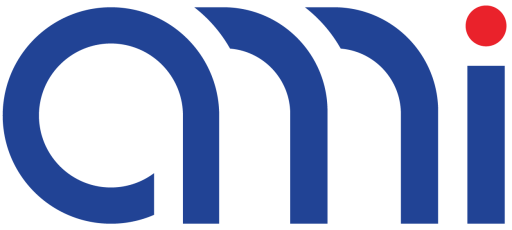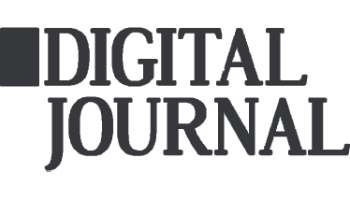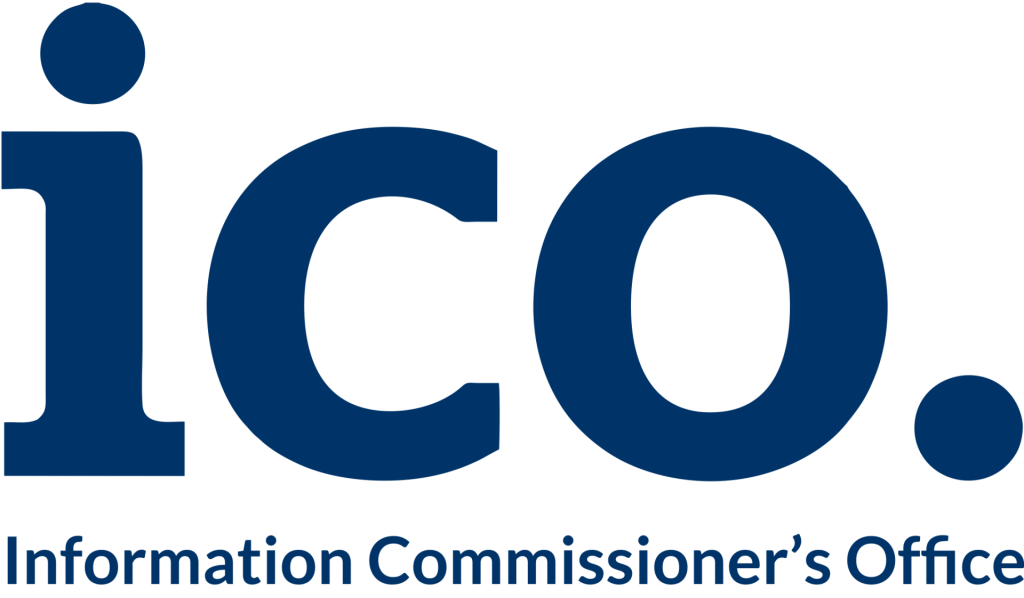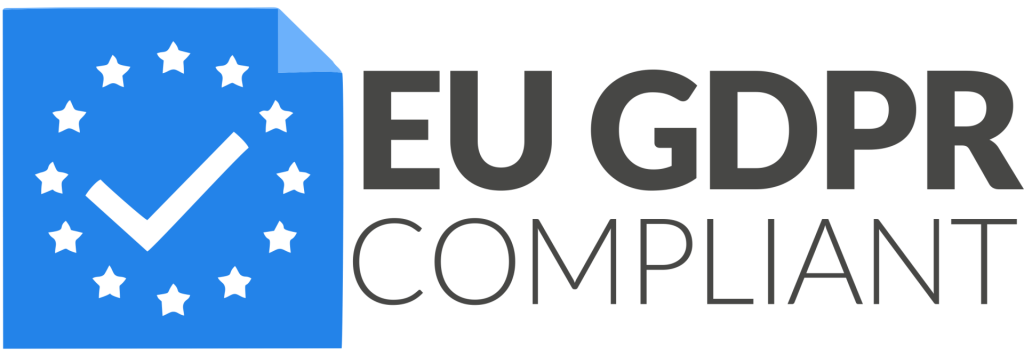Employer-led pathways still dominate for many professions. Companies must prove role legitimacy and recruitment efforts. Applicants should align résumés to the exact job description. Evidence of prior tools and technologies matters more than broad claims. Compliance burdens on employers are rising. Wage floors, advertising proofs, and onboarding attestations face audits. Candidates should understand these duties to support their sponsors. A compliant employer is a powerful ally. Remote and hybrid roles complicate jurisdictional rules. Authorities ask where work is performed and supervised. Contracts must reflect actual work locations and reporting lines. Clarity avoids status mismatches and future refusals. Processing times fluctuate with labor market priorities. Shortage roles may receive fast-track treatment. Track program updates before locking plans or travel. Flexibility in start dates protects both employer and applicant. Bridging options help maintain continuity between statuses. Apply early when moving from study to work or temporary to permanent. Keep biometrics, medicals, and police checks current to prevent gaps. Proactive renewals are cheaper than emergency fixes.
Work Permits and Employer Sponsorship in 2026


































